Staying active doesn’t have to mean intense workouts or expensive gym memberships. For seniors aiming to lose weight and improve overall health, increasing daily step count is one of the most effective, accessible, and scientifically supported strategies. This 14-day step challenge is designed specifically for older adults, combining realistic weekly targets, evidence-based tips, and essential safety reminders to help you move more, feel better, and support sustainable weight loss.
Research consistently shows that walking—especially when done consistently and with slight increases in pace—can significantly improve cardiovascular health, muscle strength, and metabolic function. A study highlighted on Science Daily found that older adults who increased their walking pace by just 14 steps per minute experienced measurable improvements in physical function and strength. This small change can slow biological aging and enhance mobility.
Additionally, MSN reports that frequent, short bursts of walking—known as micro-walking—throughout the day are just as beneficial as one long walk. These micro-walks help regulate blood sugar, reduce sedentary time, and support fat metabolism, all of which are crucial for weight management.

The key to success is gradual progression. Jumping from low activity to 10,000 steps overnight can lead to burnout or injury. Instead, this two-week plan focuses on steady, manageable increases to build endurance safely.
Focus on consistency. Take short walks after meals, park farther away, or walk in place during TV commercials. These small efforts add up.
Use a pedometer, smartwatch, or smartphone app to track progress. Celebrate small wins—they build long-term habits.
While walking is low-impact, safety is essential—especially for older adults with chronic conditions or mobility concerns.
While weight management is a key goal, the benefits of walking extend far beyond the scale. Regular walking supports brain health, improves sleep, reduces anxiety, and increases independence in daily living. According to longevity experts, simple, consistent habits like walking are more effective for long-term health than costly supplements or trends.
By completing this 14-day challenge, you’re not just working toward weight loss—you’re investing in a longer, healthier, and more active life.
Grab your shoes, charge your step counter, and take the first step—literally. Whether you start with 1,000 steps or 3,000, every step counts. With this science-backed plan, you’ll build confidence, strength, and momentum—one day at a time.

Fitness

Fitness
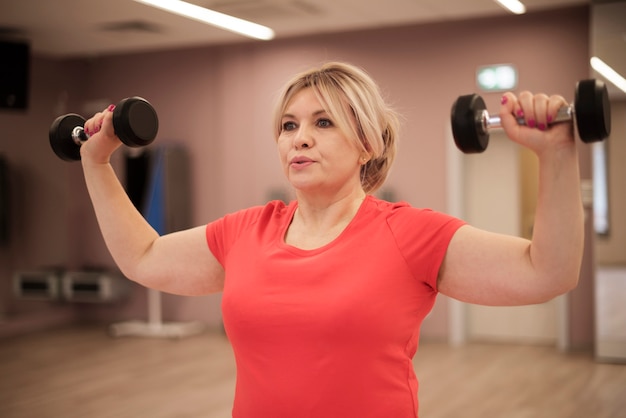
Fitness

Fitness
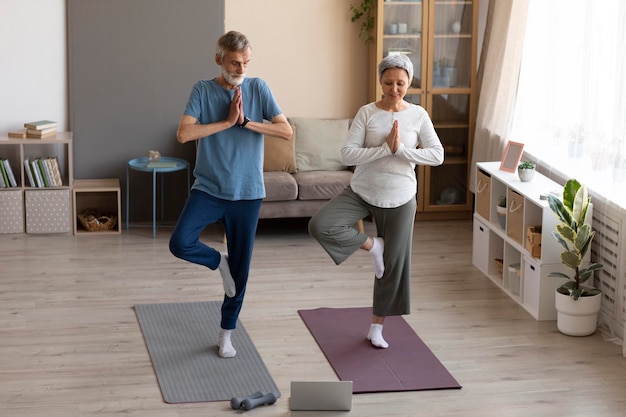
Wellness

Health
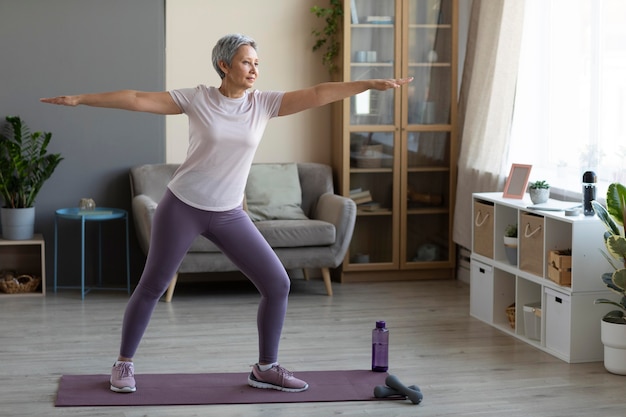
Fitness

Health
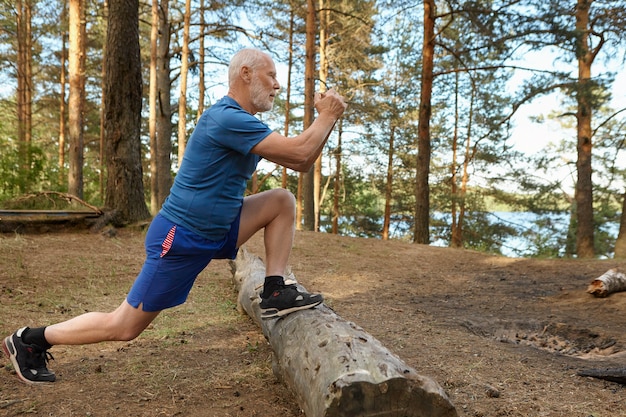
Fitness
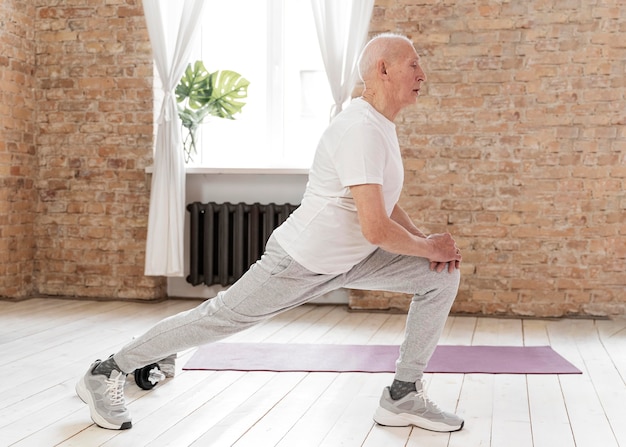
Fitness

Fitness
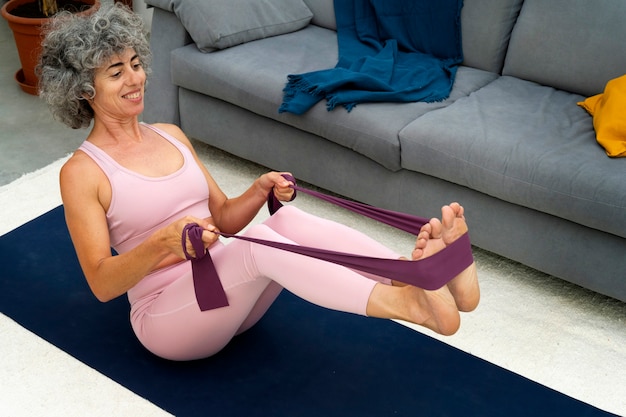
Fitness

Health

Fitness

Health

Health